|
Following the surprise success of Blue Velvet, David Lynch for a moment inhabited the zeitgeist. It wasn't simply that his next movie Wild at Heart felt more glamorous. On television Twin Peaks was to become a soaring success and dominate the culture. The Pixies were covering The Radiator Song from Eraserhead and suddenly Lynch became cool. I went with my girlfriend to see Wild at Heart in a small cinema in Ambleside. Driving back through the Lake District in a small FIAT Panda, through the dark night, felt magical. Like the world itself was turning Lynchian. Later that month we bought the soundtrack on cassette and listened to it driving home from Blackpool. I'm not sure if we thought of ourselves as Sailor and Lula, but it was the sort of film that made you aspire to be wilder than you were and comforted you for the weirdness around you.
0 Comments
It's testament to David Lynch's resilience that after the worst experience of his career, he returned to the screens with his masterpiece: the surreal neo-noir Blue Velvet. And it's an even greater testament to his charisma that he did so with the same producer who took a bath on Dune.
Frank Herbert's 1965 novel Dune is a soft science fiction epic which had been shopped around as a potential film for decades. David Lean was attached, followed by the surreal madness of Alejandro Jodorowsky, the efforts of which were recorded in a documentary. Ridley Scott likewise took a run on it before it finally fell to David Lynch who despite not having read the novel or being particularly interested in Science Fiction was courted to direct the film on a high from the success of The Elephant Man.
The move from low budget independent movie making to the Hollywood mainstream is one rife with hazards, but serendipity landed David Lynch with a project that couldn't have suited him better. Mel Brooks had acquired the script of The Elephant Man written by Christopher Devore and Eric Bergen for his new production company Brooks films and was shopping around for a director. Lynch was recommended by his PA, and the director has told the story of how he paced outside a screening room while the comedian watched Eraserhead. Obviously, the tone of the film is dramatically different from what you would associate with the director of Blazing Saddles, but Brooks loved it and Lynch was hired.
David Lynch was studying as an artist when he came across the idea of using film was a possible medium in his art. His first works were literally moving pictures, images without narrative which nonetheless evoked emotions in the spectators. He is by no means the only artist to turn to cinema as his main form of expression but perhaps he more than anyone else has succeeded in rendering popular art cinema in terms of contemporary Hollywood. His films frequently feature big stars, and have enjoyed a success far beyond the coterie of devotees. His television series Twin Peaks, which belatedly returned to screens with the triumphant Return in 2018, captured international popular attention and critical acclaim. But it all started with a small art film which took four years to make: Eraserhead.
|
AuthorWrite something about yourself. No need to be fancy, just an overview. ArchivesCategories |
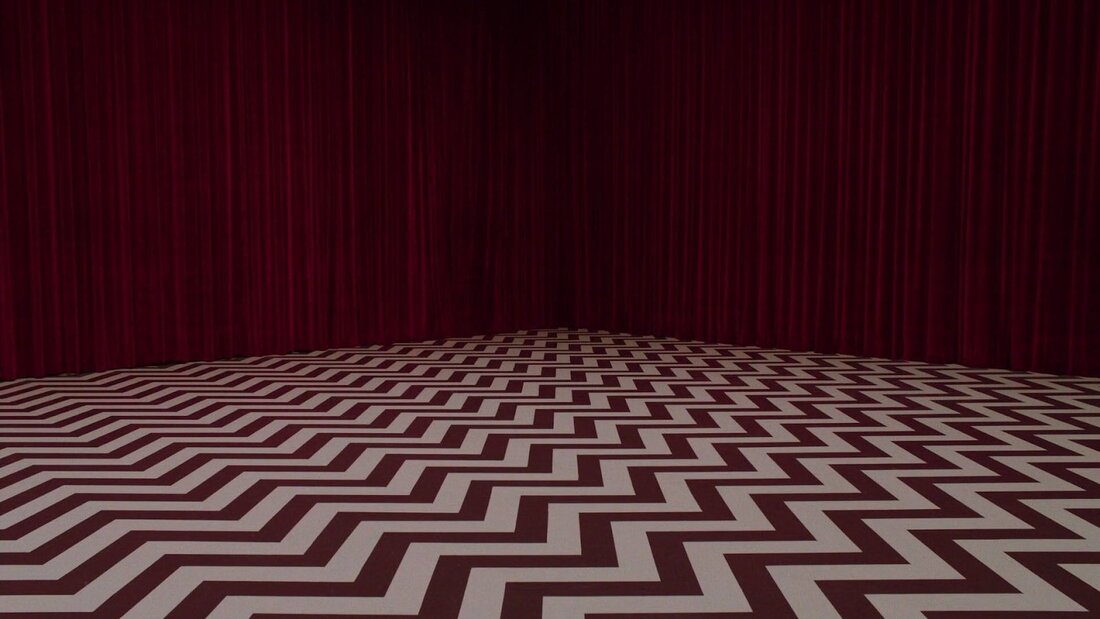
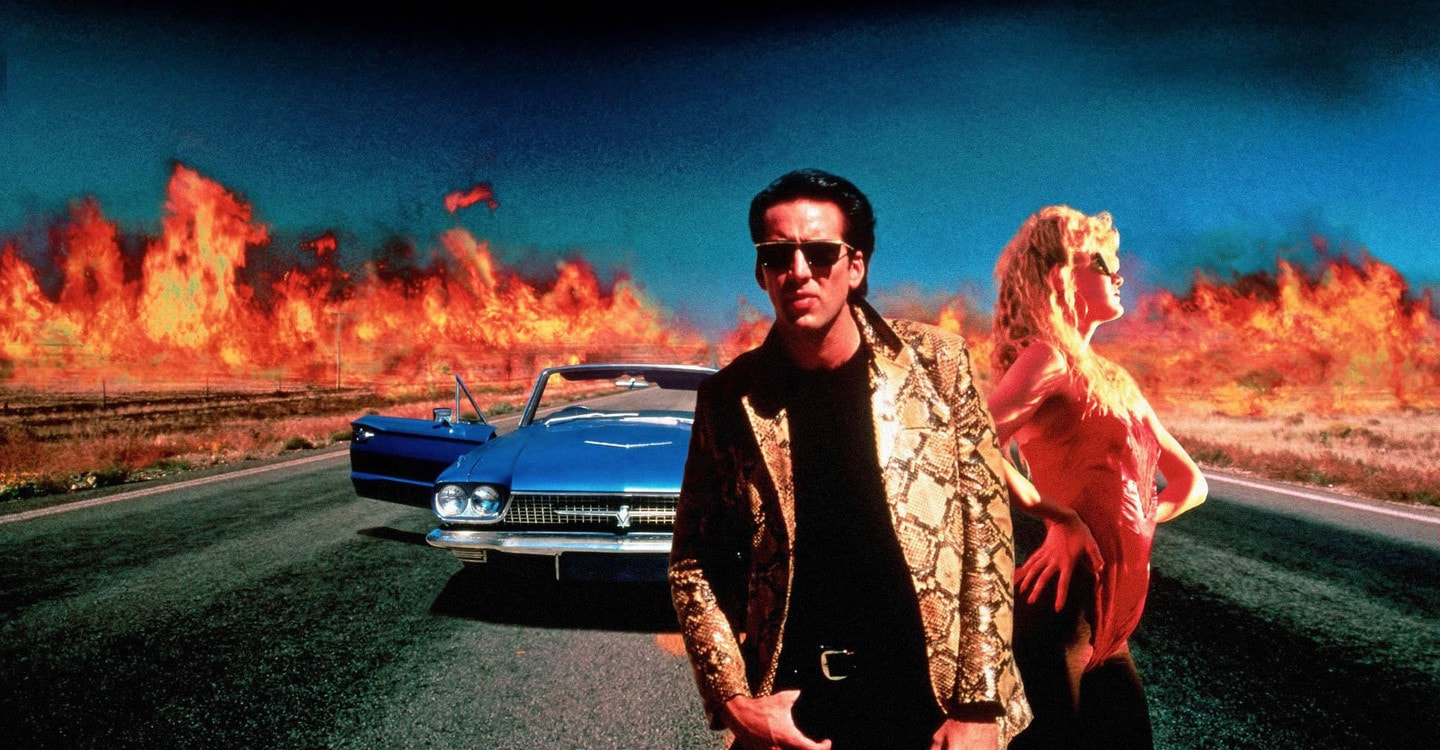
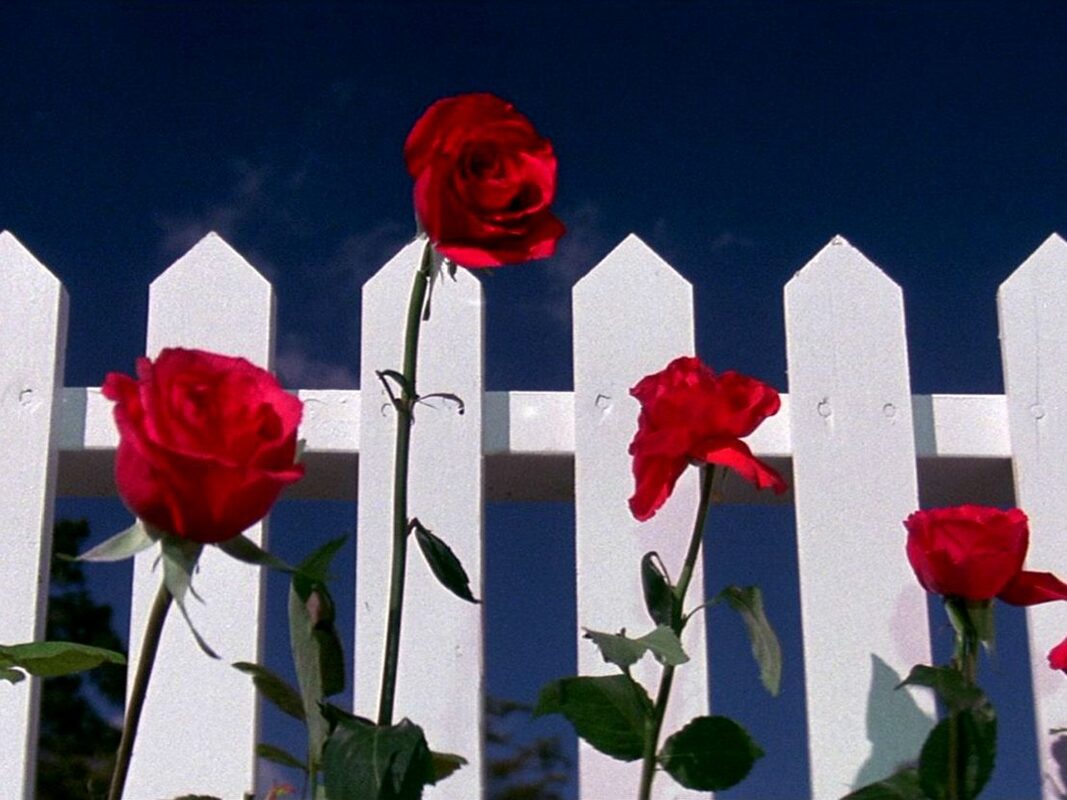
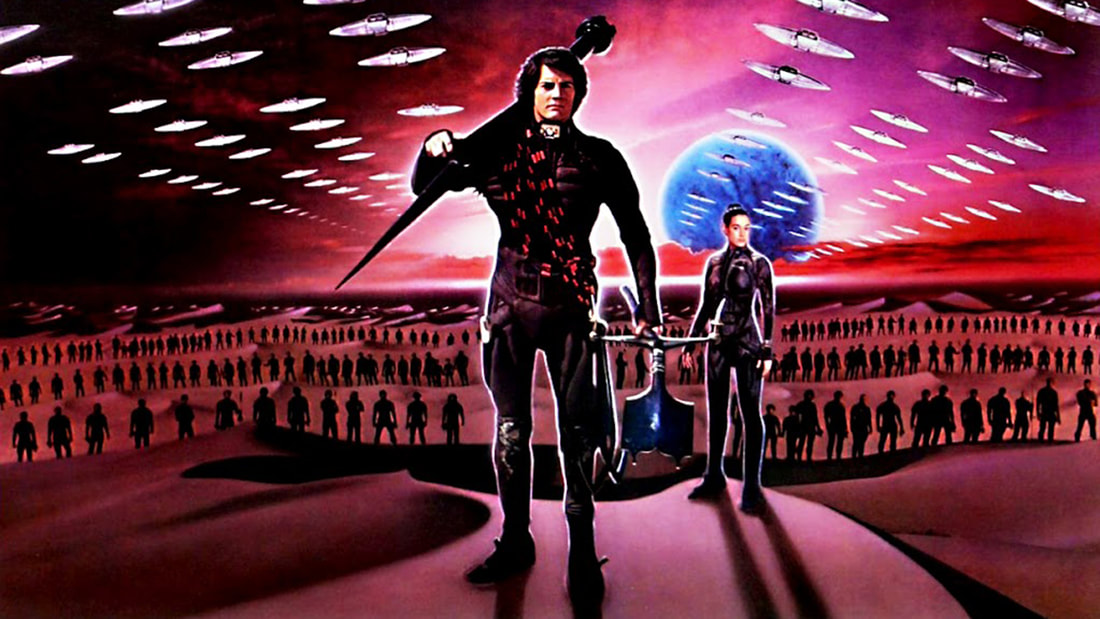
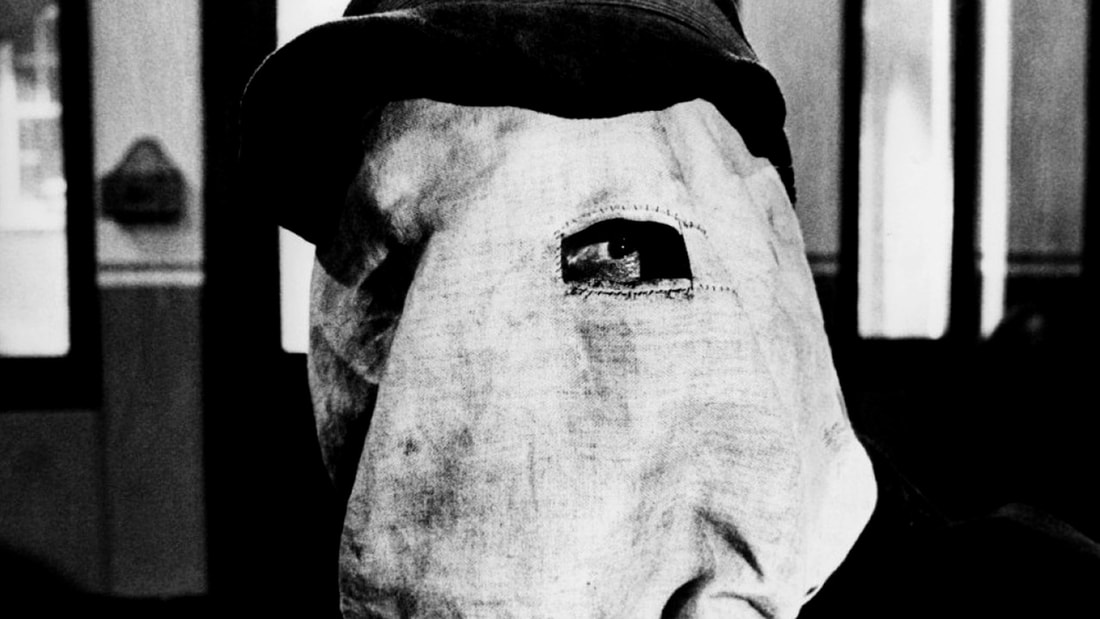
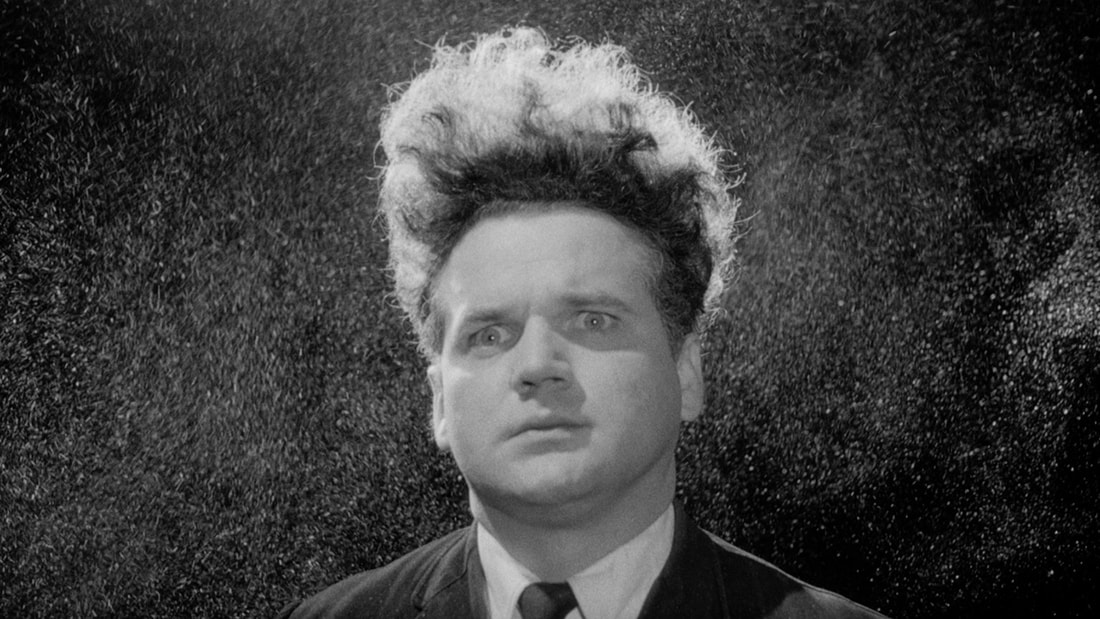
 RSS Feed
RSS Feed
